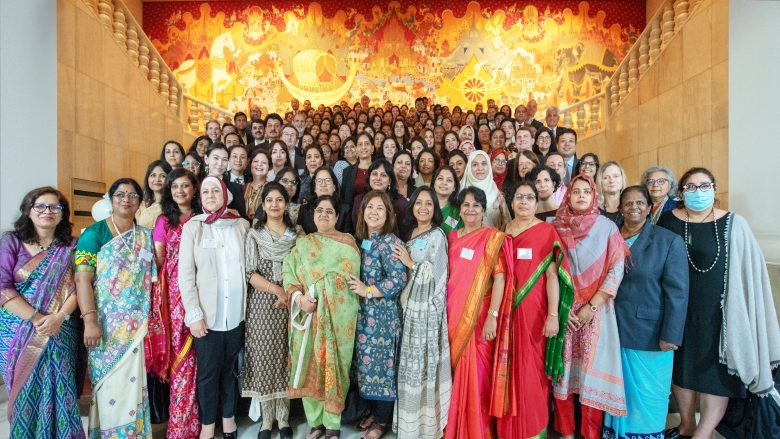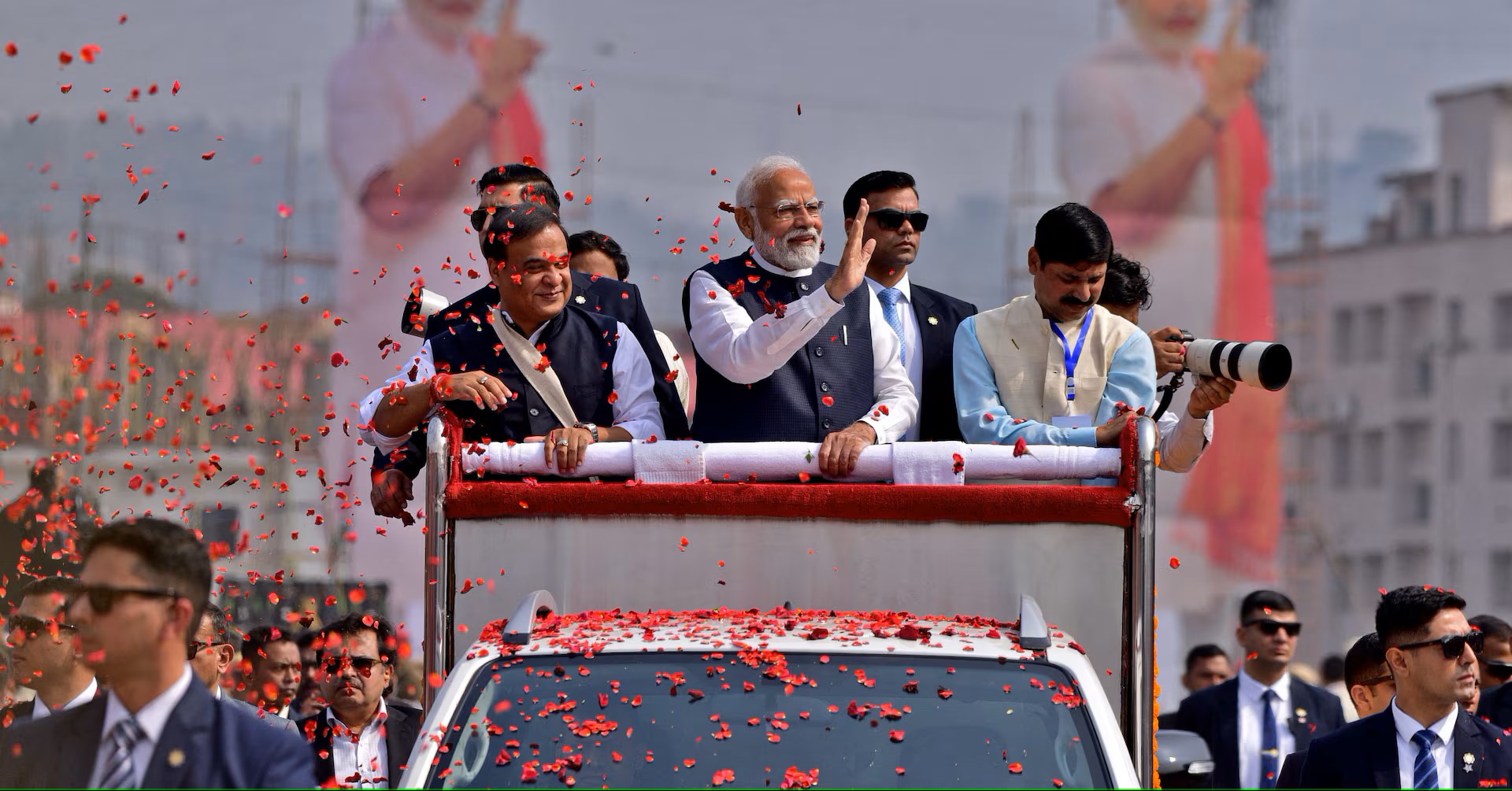A cohort of 25 Indian women, their eyes gleaming with ambition, recently met with Union Minister R.K. Singh. These weren’t ordinary women; they were trailblazers, participants in the WePOWER SAR100 program, a catalyst empowering women across South Asia’s energy sector. This encounter wasn’t just a meeting; it was a spark igniting a fire that could transform the region’s energy landscape.
 These women weren’t merely trainees; they were global citizens. WePOWER SAR100 had opened their eyes to cutting-edge technologies like vertical solar panels and compressed-air energy storage, technologies redefining the energy game. Sharing their experiences, they spoke of learning best practices from diverse countries, igniting a spark of confidence within them, and a realization of their untapped potential.
These women weren’t merely trainees; they were global citizens. WePOWER SAR100 had opened their eyes to cutting-edge technologies like vertical solar panels and compressed-air energy storage, technologies redefining the energy game. Sharing their experiences, they spoke of learning best practices from diverse countries, igniting a spark of confidence within them, and a realization of their untapped potential.
Minister Singh, recognizing their fire, fanned the flames further. “We need more women in engineering,” he declared, his voice echoing the need for change. But his message wasn’t just about inclusion; it was about leadership. “Set your ambitions high,” he urged, “aim to become CMDs or Directors.” This wasn’t just a call to participate; it was a clarion call to lead, to shatter glass ceilings and claim their rightful place at the helm of the sector.
The Minister then painted a vivid picture of the power sector’s metamorphosis. Fossil fuels were making way for renewables, individual generation was on the rise, and diverse storage solutions were emerging. He envisioned a future where consumers became “prosumers,” generating their energy, while nuclear and even fusion held the potential to become game-changers. Yet, amidst this dynamism, transmission’s role would remain crucial, the lifeblood of large-scale industrial and commercial needs.
Union Power Secretary Pankaj Agarwal recognized the program’s transformative power, echoing the Minister’s sentiments. He emphasized the need to institutionalize such initiatives, ensuring their impact transcended the public sector and empowered women across the entire energy spectrum.
Dr Tripta Thakur, Director General of NPTI, India’s focal point for the program, chimed in. She lauded the participants as role models, their journeys testaments to the strides women were making in traditionally male-dominated fields. NPTI, through its active involvement, was nurturing these changemakers, one spark at a time.
We POWER SAR100 transcended national boundaries. Participants from seven South Asian countries came together, fostering knowledge exchange and collaboration. This regional focus wasn’t just about empowering individuals; it was about building a collective future, where a more integrated and diverse energy landscape thrived. The program’s curriculum, encompassing renewable energy integration, power markets, and soft skills like addressing gender bias, equipped them with the tools to not only excel in their careers but also advocate for inclusivity and sustainability.




